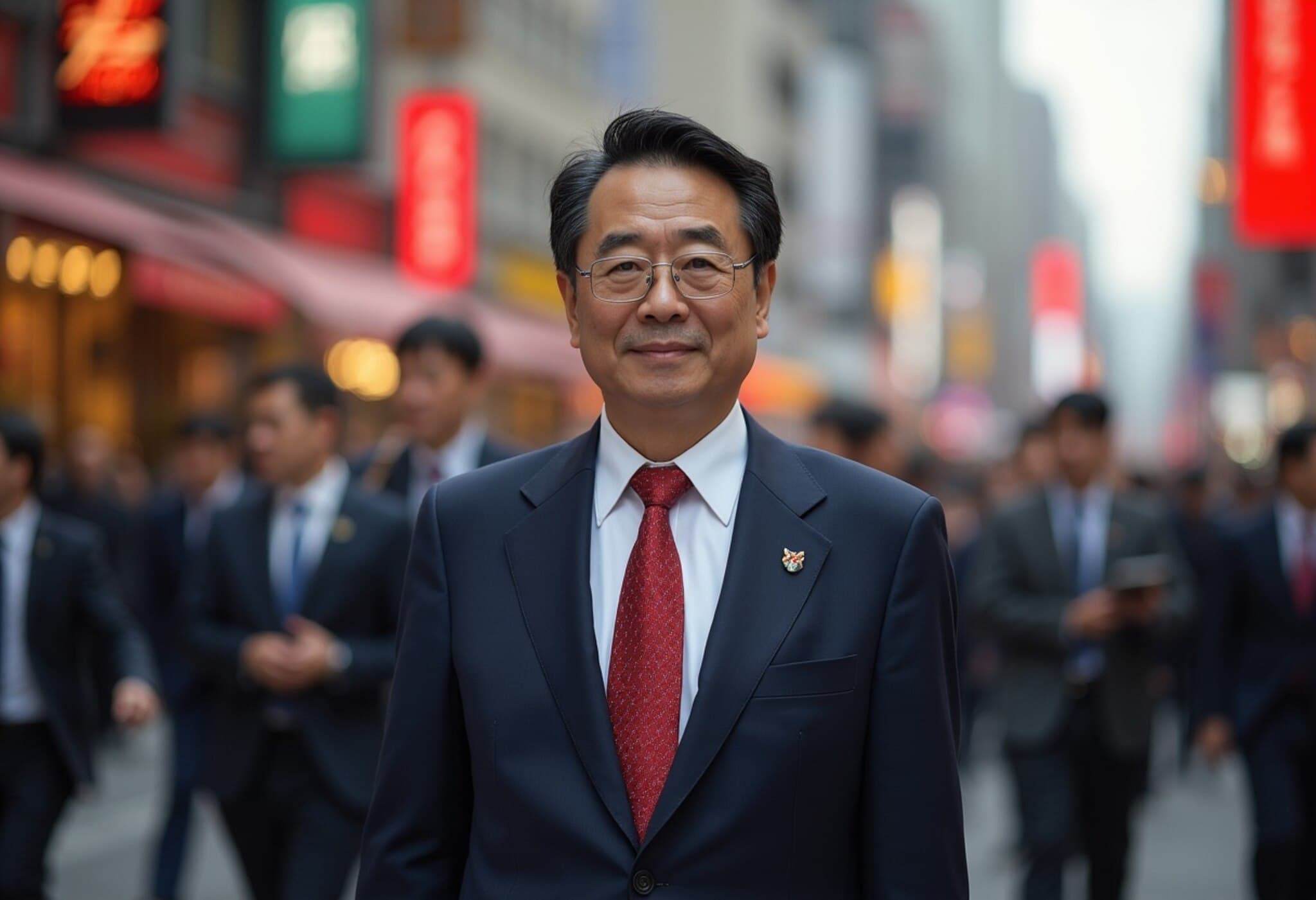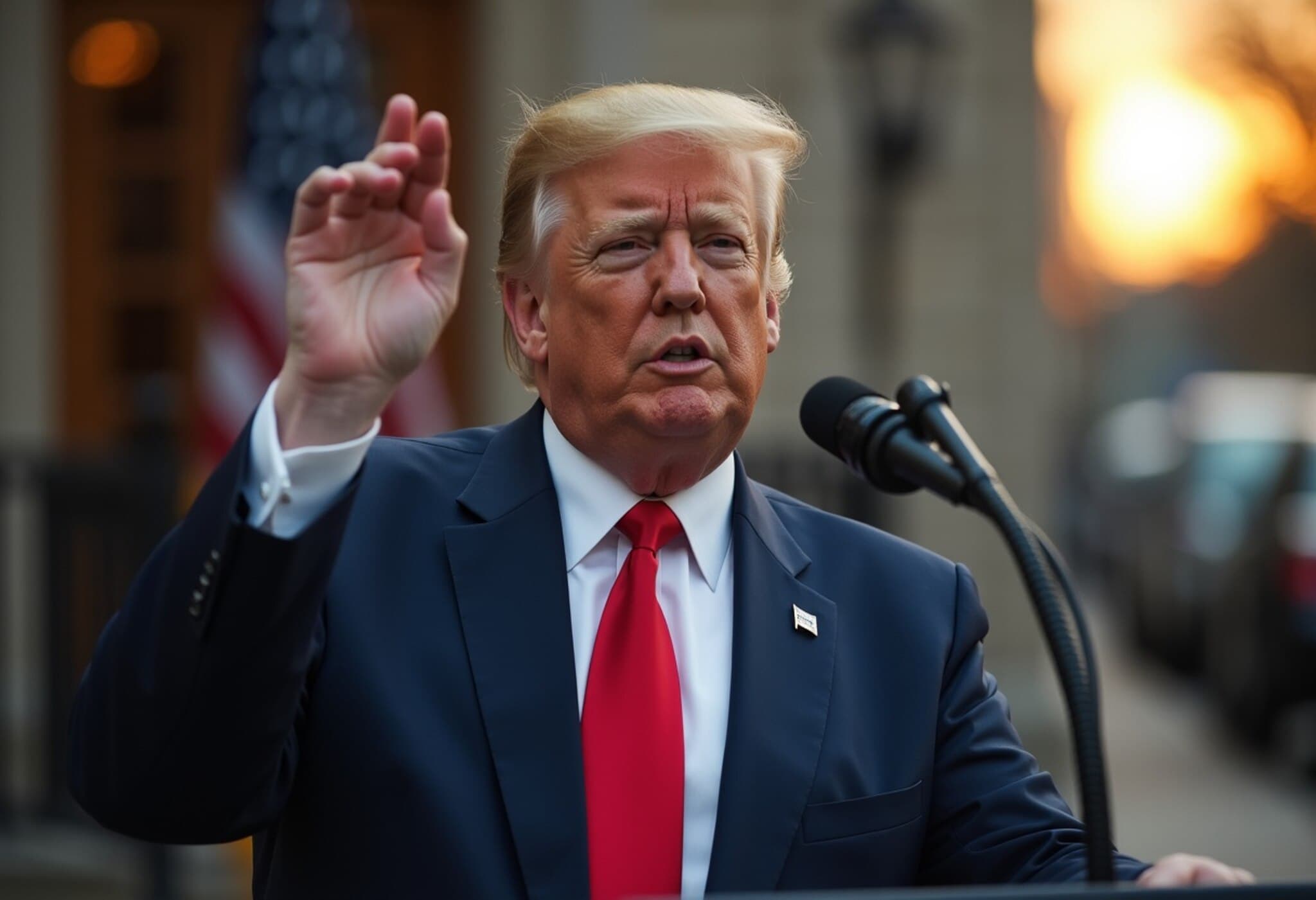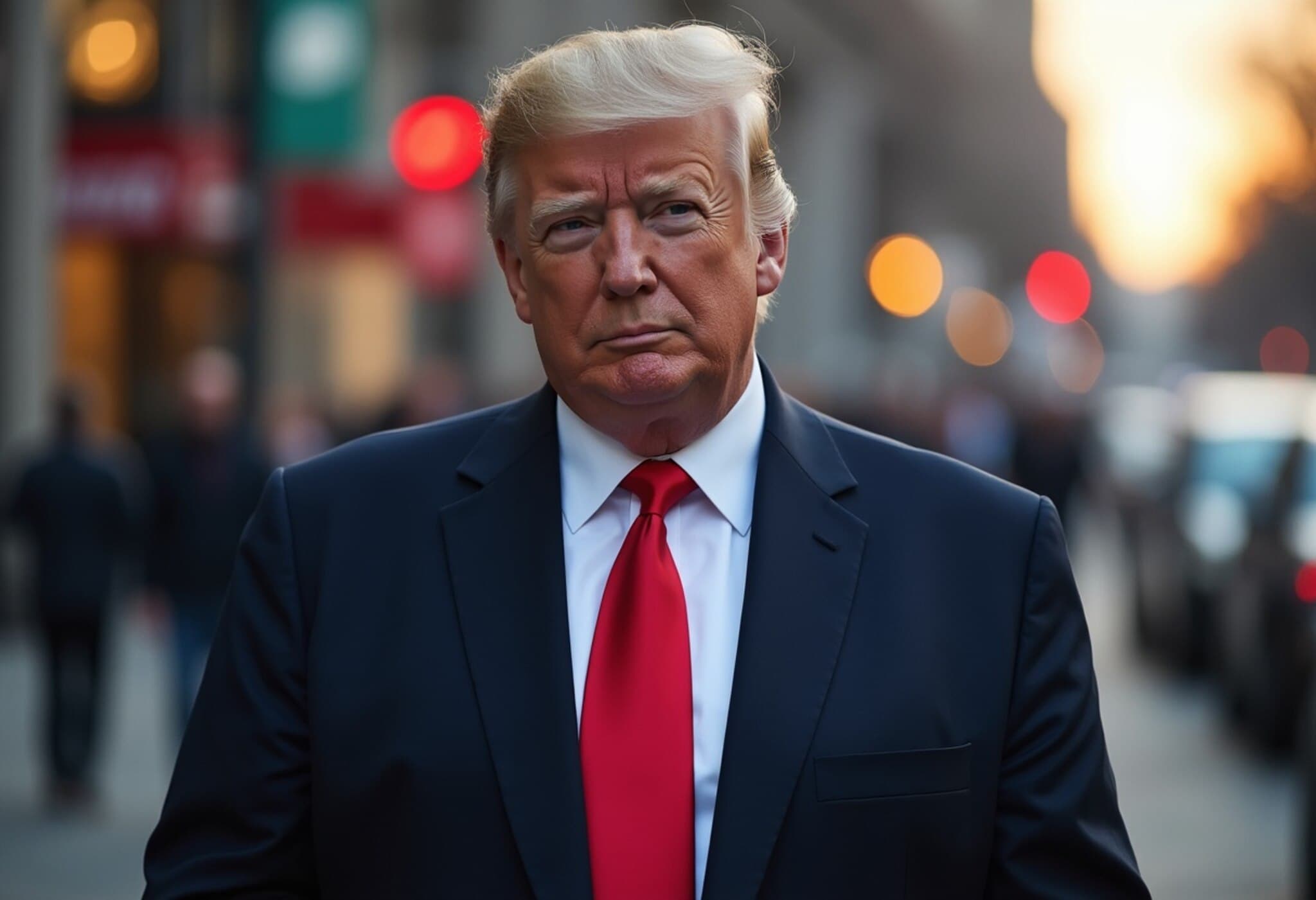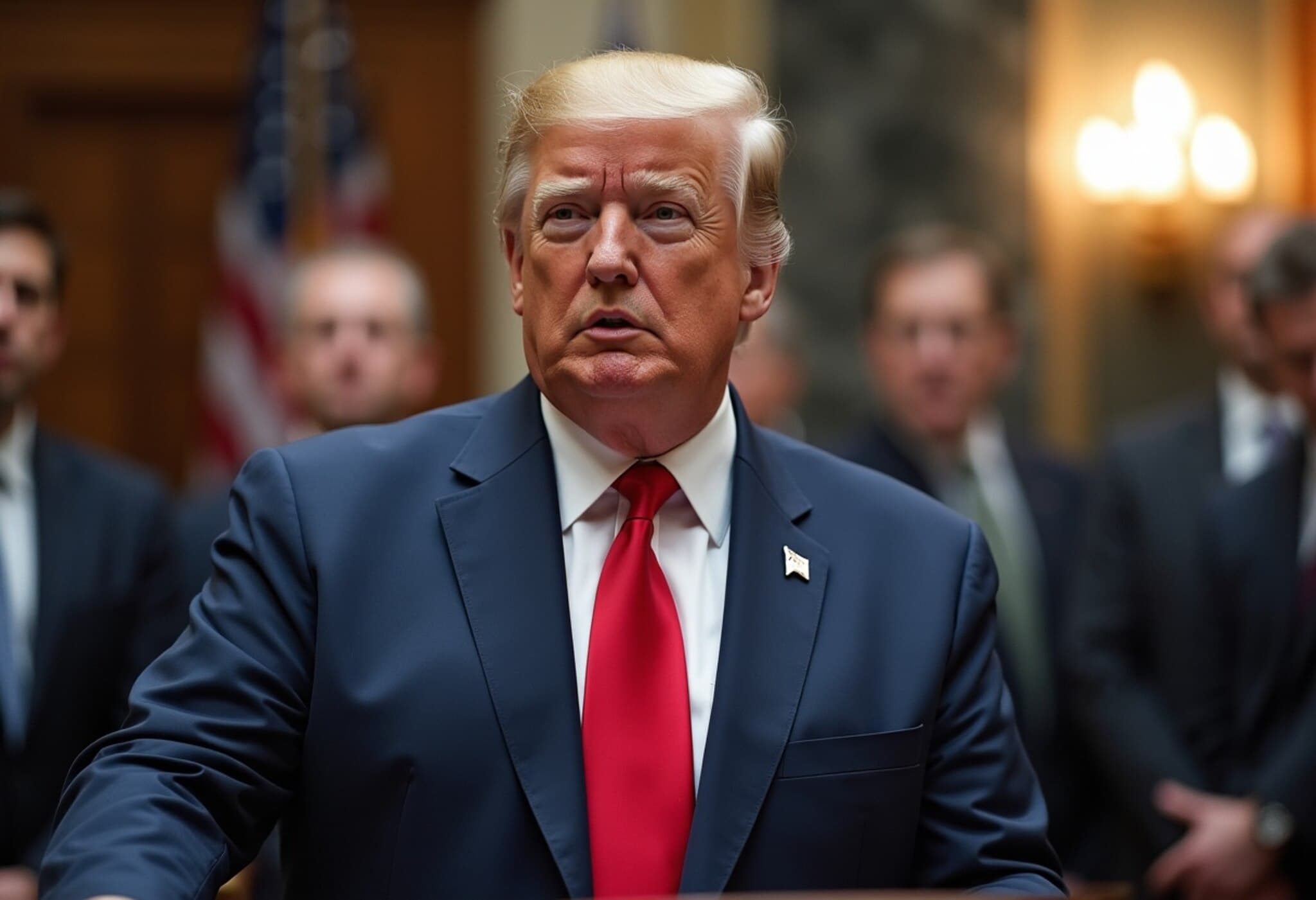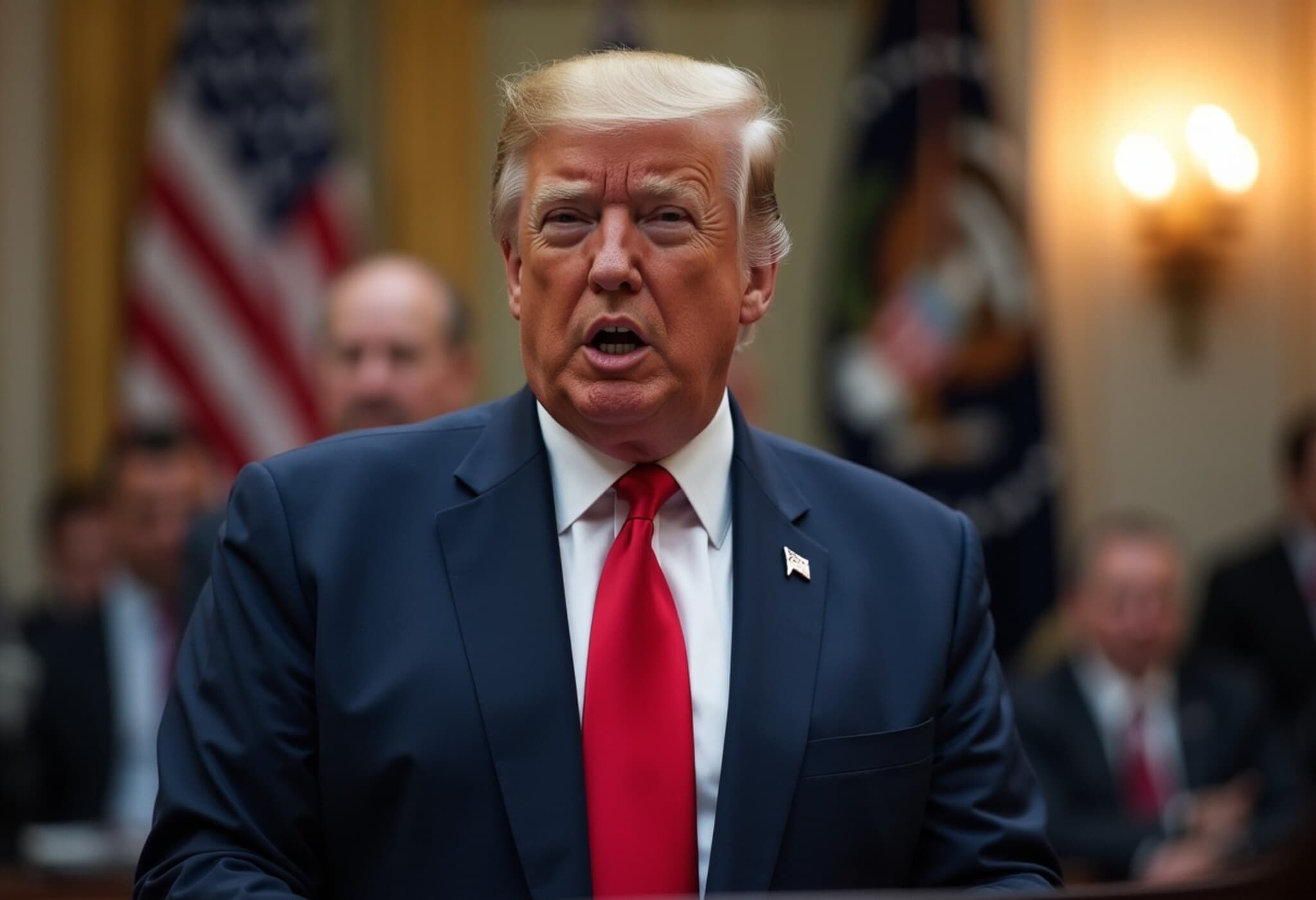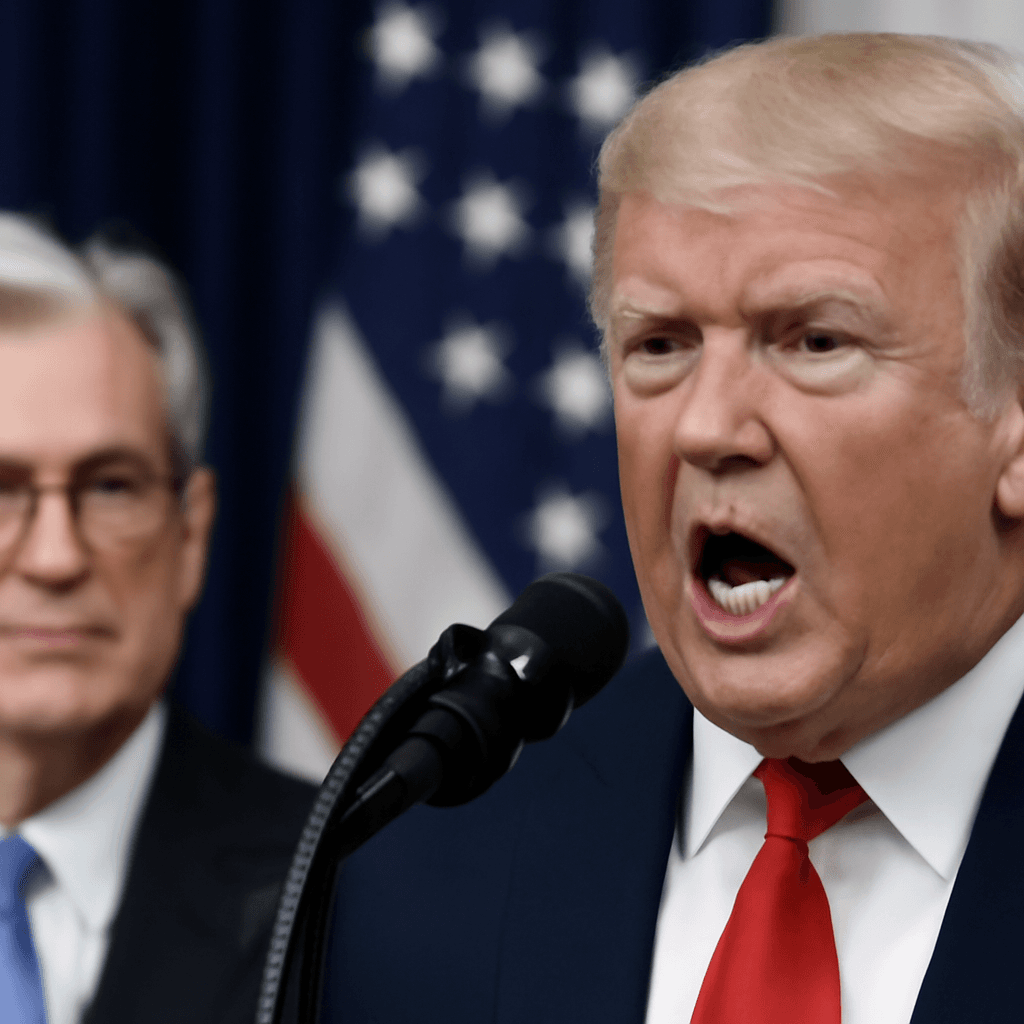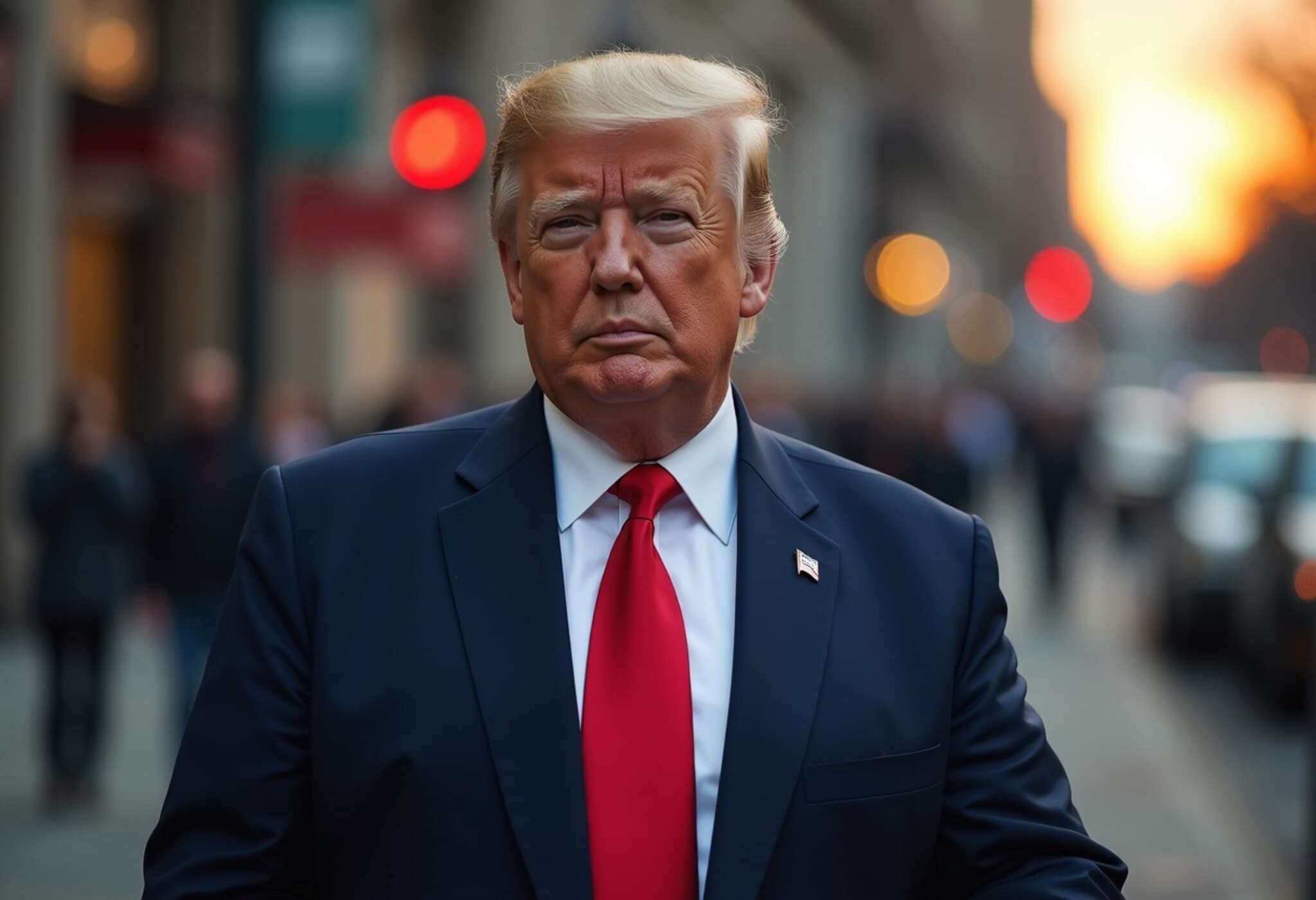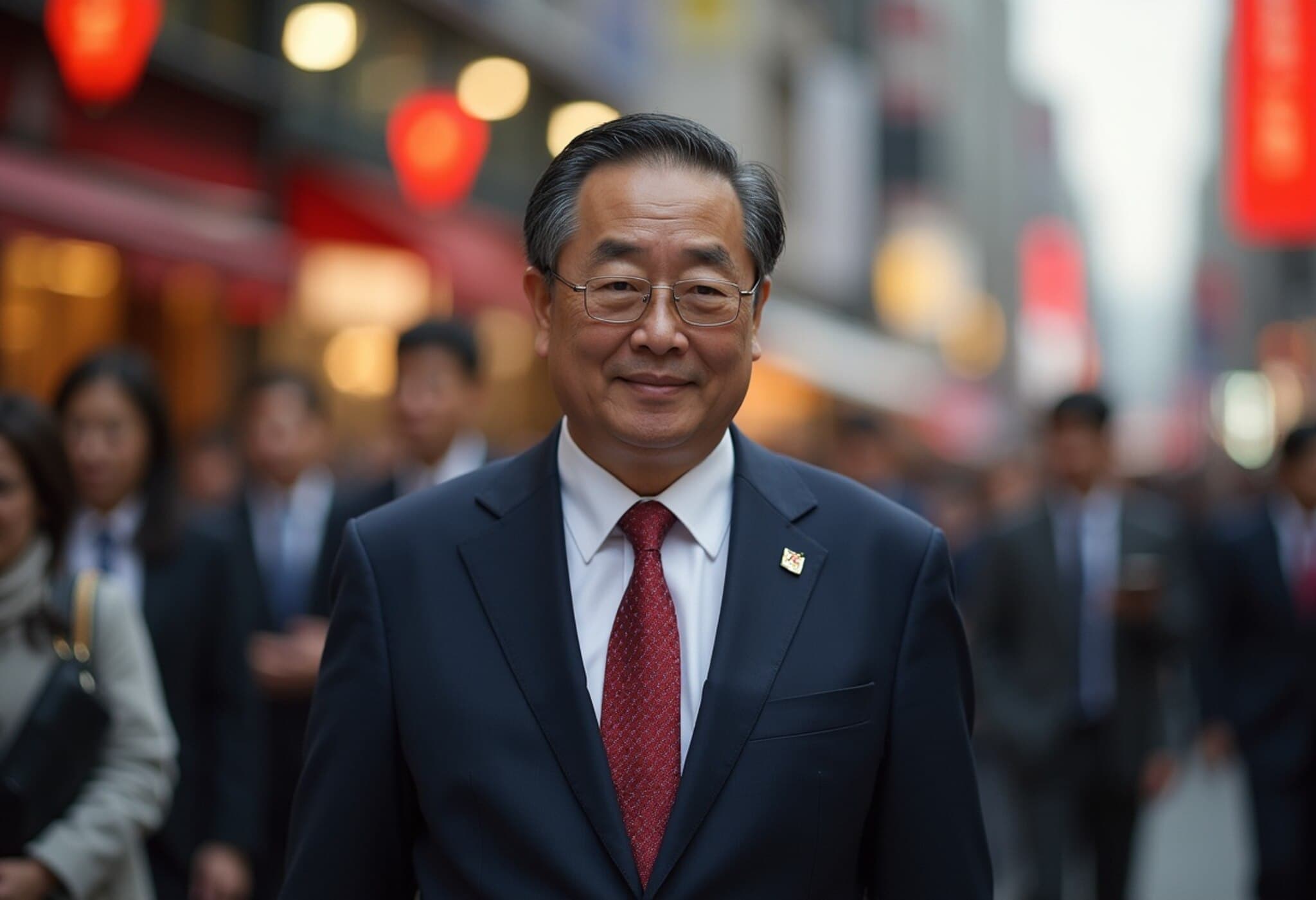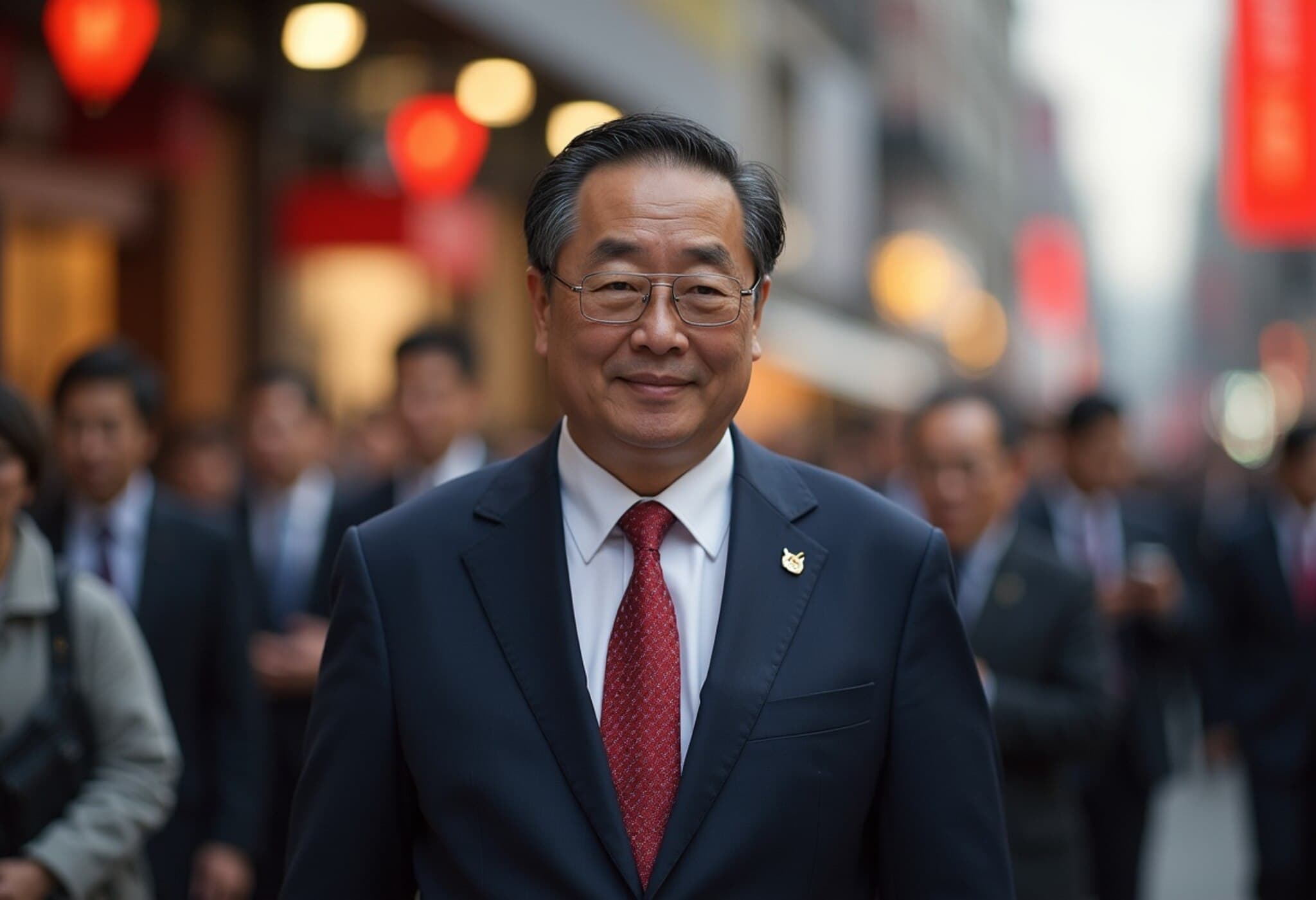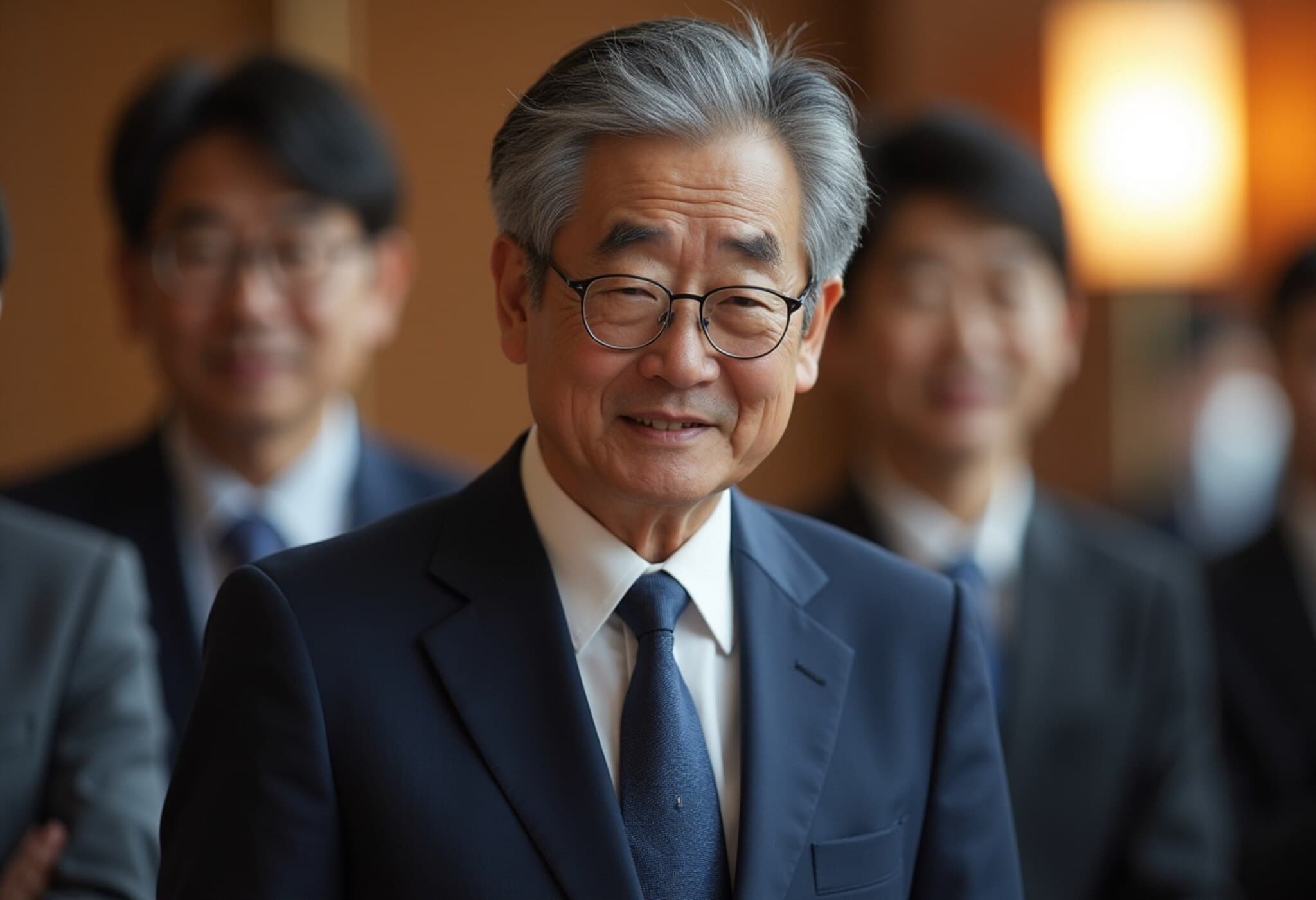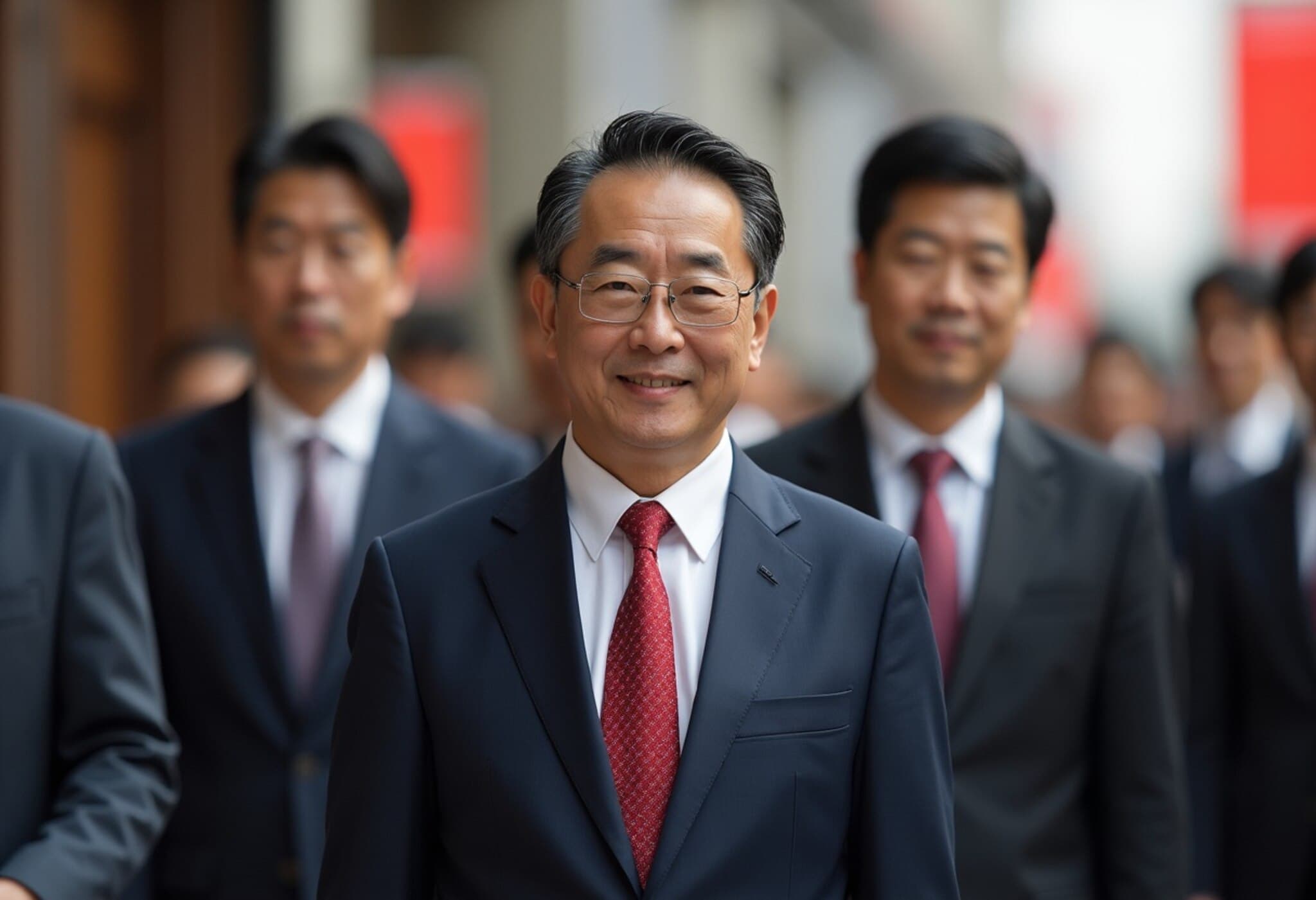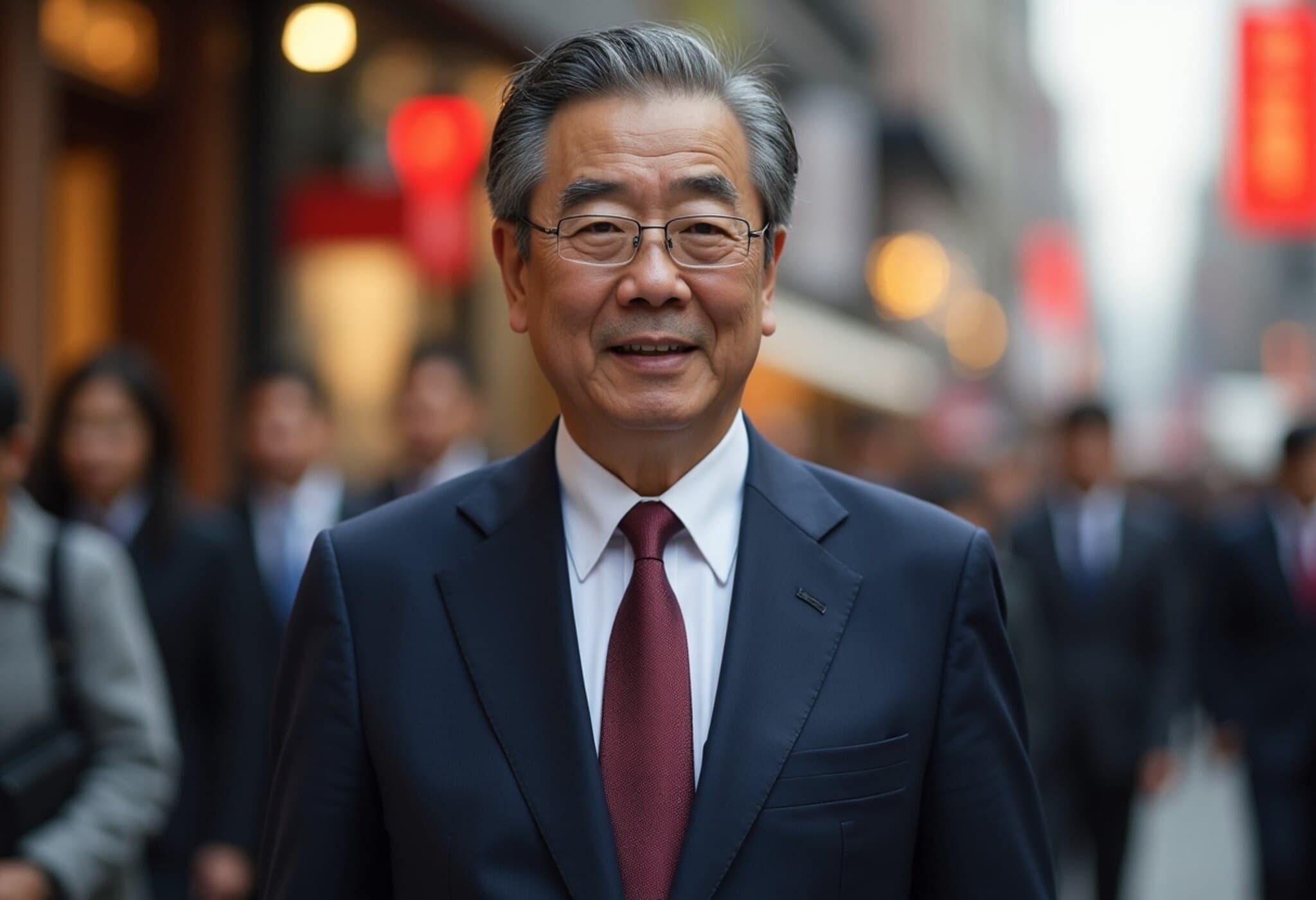Rising Political Uncertainty Ahead of Japan’s Crucial Election
As Japan gears up for its upper house election on Sunday, the stakes are higher than they have been in years. Current media polls suggest that the ruling Liberal Democratic Party (LDP) coalition risks losing its parliamentary majority, a scenario that could disrupt the country’s delicate economic and fiscal balance. This election comes at a pivotal moment, with Japan negotiating a trade deal with the United States and grappling with one of the world’s highest debt loads—exceeding 250% of its GDP.
What Could a Shift in Power Mean for Japan’s Economic Policy?
Political Stability and Fiscal Direction
If the LDP suffers only a minor setback, Prime Minister Shigeru Ishiba is expected to remain in office, potentially working with opposition parties to push legislation through the Diet. Ishiba is widely considered a fiscal hawk, emphasizing the need to control government spending and maintain Japan’s fiscal discipline.
However, market jitters are already visible. Anticipation of increased government spending to shore up political support has sent Japanese government bond yields to multi-decade highs, reflecting investor concern over ballooning debt. Should election results prompt significant fiscal expansion or sales tax cuts, yields could climb even further, complicating Japan’s already tight debt servicing landscape.
The Possibility of Leadership Change
A substantial defeat for the LDP could lead Ishiba to resign, triggering a leadership race within the party. This transition phase could invite greater political instability, especially if opposition parties gain a strong foothold—potentially paving the way for an opposition prime minister, a rare development in Japan’s post-war politics.
Pressure for Expanded Spending
Regardless of the election outcome, the government plans to increase support for struggling households amid rising living costs. Ishiba has proposed direct cash payouts amounting to 3.5 trillion yen (approximately $23.6 billion), funded through tax revenues. However, a heavier LDP defeat could empower calls for broader stimulus efforts, potentially increasing government spending by upwards of 10 trillion yen this fall—an expansion that would likely require new debt issuance and further strain public finances.
The Controversy Around Sales Tax Cuts
Japan’s consumption tax stands at 10%, with a reduced 8% rate on food items. This tax is the largest revenue source for the Japanese government outside of debt, accounting for 21.6% of total budget revenues in fiscal 2025. Ishiba has resisted opposition demands to cut this tax, emphasizing its crucial role in financing social welfare amid Japan’s rapidly aging population.
Nonetheless, if electoral losses force the conservative leadership’s hand, a sales tax reduction could be on the table, risking a revenue shortfall exceeding 10 trillion yen. Such a move would require legislative approval and would not take effect before April, but the long-term implications for Japan’s fiscal health and public services are profound.
Potential Worst-Case Scenario: Credit Downgrade and Market Turbulence
The most alarming risk for Japan is a downgrade in its sovereign credit rating. Moody’s has warned that increased pressure for tax cuts, especially significant or prolonged ones, could tarnish Japan’s creditworthiness. Currently rated at A1—still a strong investment grade but vulnerable—any downgrade could unleash a maelstrom, triggering sell-offs in bonds, the yen, and Japanese equities while raising the cost of dollar financing for Japanese banks.
Implications for the Bank of Japan’s Monetary Policy
The LDP and the largest opposition party, the Constitutional Democratic Party of Japan, have both signaled acceptance of a gradual increase in interest rates. However, a reshuffling of political power in favor of smaller opposition parties may pressure the Bank of Japan (BOJ) to slow its tightening pace.
In the longer term, unless Ishiba is replaced by advocates of aggressive monetary easing—such as Sanae Takaichi, who narrowly lost the LDP leadership contest last year—the BOJ is likely to continue on its current course. This subtle interplay between politics and monetary policy highlights how deeply intertwined Japan’s economic future is with the upcoming election results.
Expert Insight: Navigating Japan’s Economic Crossroads
Japan stands at a crossroads, balancing fiscal prudence with the urgent need to support its aging populace and stimulate a sluggish economy. The election’s outcome could reshape policy direction significantly, with consequences rippling far beyond the island nation. For American policymakers and investors, the results merit close attention as they could influence trade dynamics, currency stability, and global financial markets.
- Will Japan maintain fiscal discipline or embrace expansionary policies? The public’s appetite for stimulus versus austerity remains uncertain.
- How will political fragmentation affect Japan’s ability to negotiate international agreements? A fragmented parliament might complicate trade deal ratifications or prompt policy gridlock.
- Can Japan manage its debt without undermining social safety nets? Cutting consumption tax risks jeopardizing crucial welfare services.
Editor’s Note
The upcoming Japanese election is more than a domestic political contest; it is a decisive moment that could recalibrate one of the world’s largest economies. Readers should watch for not only who wins but how the balance of power affects Japan’s fiscal and monetary course. The intricate dance between political stability, debt sustainability, and social welfare funding will shape Japan’s—and by extension, the global economy’s—trajectory in the years ahead.

